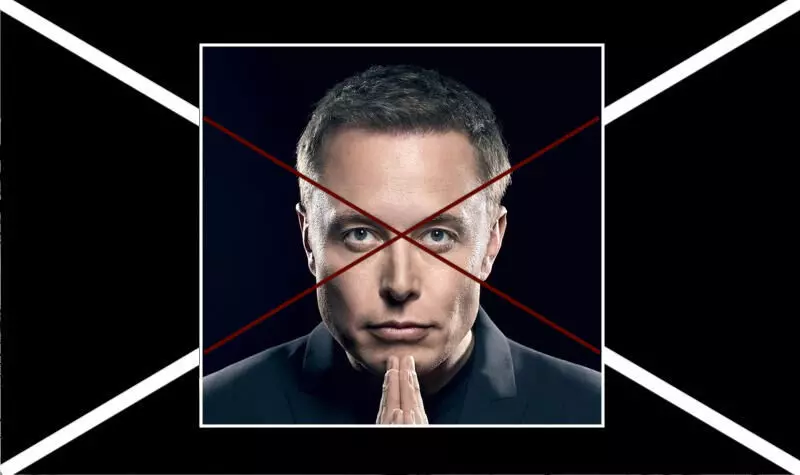The recent EU Digital Services Act (DSA), which regulates content moderation across major online platforms, has drawn criticism from some tech leaders and free speech advocates over its potential to stifle open dialogue and encourage censorship. This is because the DSA imposes stringent requirements on companies to act against “illegal content”, but often leaves it up to them to decide what that means.
EU officials argue that the law’s aim is to protect users from harmful content, including hate speech, incitement to violence and disinformation — all of which are already criminal offenses under EU law. The DSA also creates new safeguards for users who feel their rights have been violated by online platforms, such as a right to an effective remedy against decisions made by content moderation bodies.
However, critics contend that the law’s vague language and lack of clear definitions leave it open to misinterpretation and abuse — particularly when applied to politically sensitive topics. There is also concern that the DSA will give too much power to the tech companies themselves, who have a vested interest in promoting their own business models and agendas over those of smaller competitors or dissenting voices.
The issue of content moderation has become increasingly relevant as more people rely on social media platforms for news and information. These platforms have been criticized for not doing enough to combat misinformation, but also for being too heavy-handed in their approach, with many legitimate posts being removed or censored due to perceived violations of community guidelines.
In response to these concerns, Elon Musk has promised to make Twitter a bastion of free speech, vowing to “defeat the spam bots” and restore transparency and accountability to the platform’s content moderation practices. However, his efforts have been met with resistance from European officials who argue that he must abide by local laws when operating within their jurisdiction.
While it may be tempting to view this conflict as a simple battle between an iconoclastic billionaire and a technocratic bureaucrat, the stakes are much higher than that. The EU’s Digital Services Act represents one of the most significant attempts yet to regulate online speech on a global scale — and its success or failure could have profound implications for the future of democracy itself.
The European Commission’s first-ever DSA report was entirely focused on the question of “Russian disinformation”, putting “Kremlin-aligned accounts” almost on the same plane as accounts that are connected or associated with the Russian state. This deliberate blurring of the line between illegal and harmful speech, and between critical opinion and foreign propaganda, is central to the censorship regime, as it effectively allows EU elites to determine what hundreds of millions of Europeans can or cannot say and read online. It’s state-sanctioned censorship, plain and simple.
This deliberate blurring of the line between illegal and harmful speech, and between critical opinion and foreign propaganda, is central to the censorship regime, as it effectively allows EU elites to determine what hundreds of millions of Europeans can or cannot say and read online. It’s state-sanctioned censorship, plain and simple.
This sort of mass censorship should really be understood as a desperate oligarchy’s last line of defence — and no one encapsulates this oligarchy better than Breton himself, a former businessman and military and intelligence contractor turned technocrat-in-chief. If this were a movie, one couldn’t imagine a better choice than him as the arch-enemy of the populist rabble rouser Musk. But it isn’t a movie. This is a struggle that will define the future of democracy for years to come. And if we expect Musk to fight for the rest of us, we’ve already lost.

